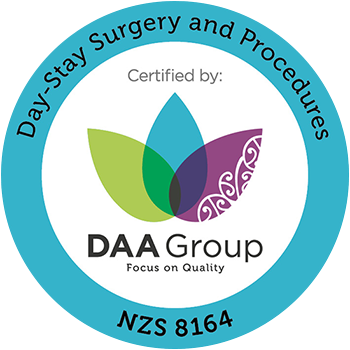Discover more about this symptom and next steps
Choose the option below that sounds most like you to discover your best solution
Eye treatment options can be confusing. We’ve made the journey as straightforward as can be
Get a quick overview of everything you need to know about gaining visual freedom
Damehood for leading ophthalmologist
Damehood for leading ophthalmologist Professor Helen Danesh-Meyer – the first ever female professor of [...]
Eye Institute Annual Optometry Conference 2025
Eye Institute Annual Optometry Conference 2025 On Sunday 9th November, we held our annual optometry conference at Aotea Centre. We were blown away [...]
What Is a Droopy Eyelid?
What is a Droopy Eyelid? As we age, many of us notice changes around [...]
Find out more about why you might be experiencing double vision and what could be the cause.
Note: These links will take you off our website






